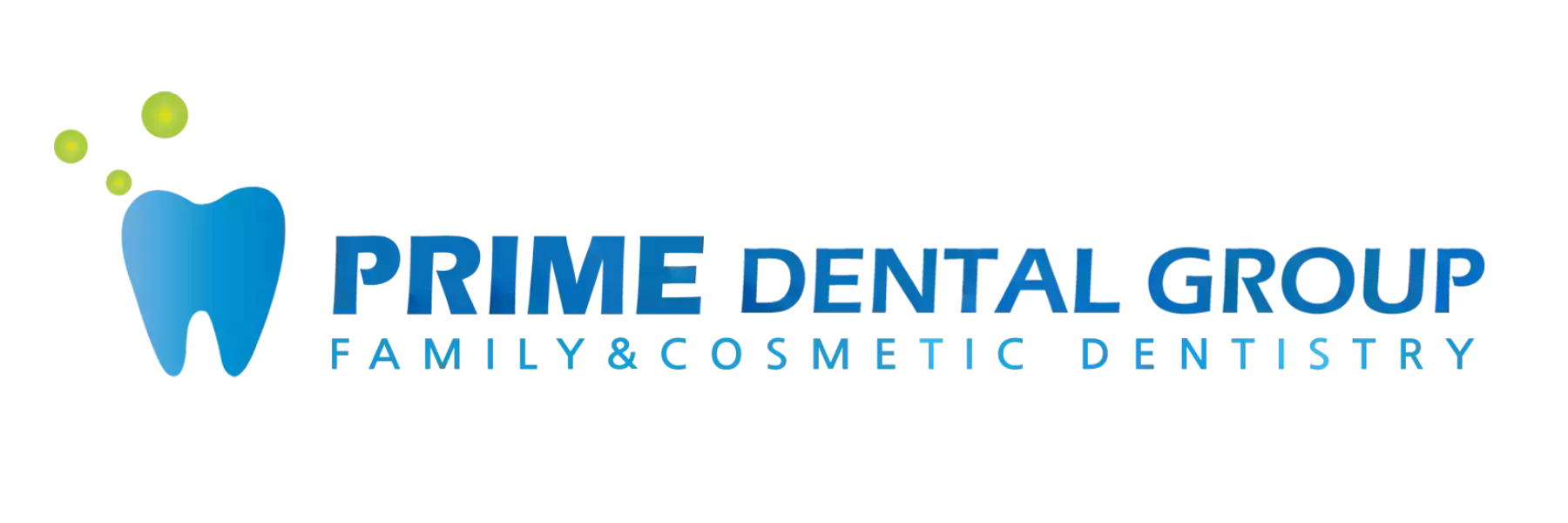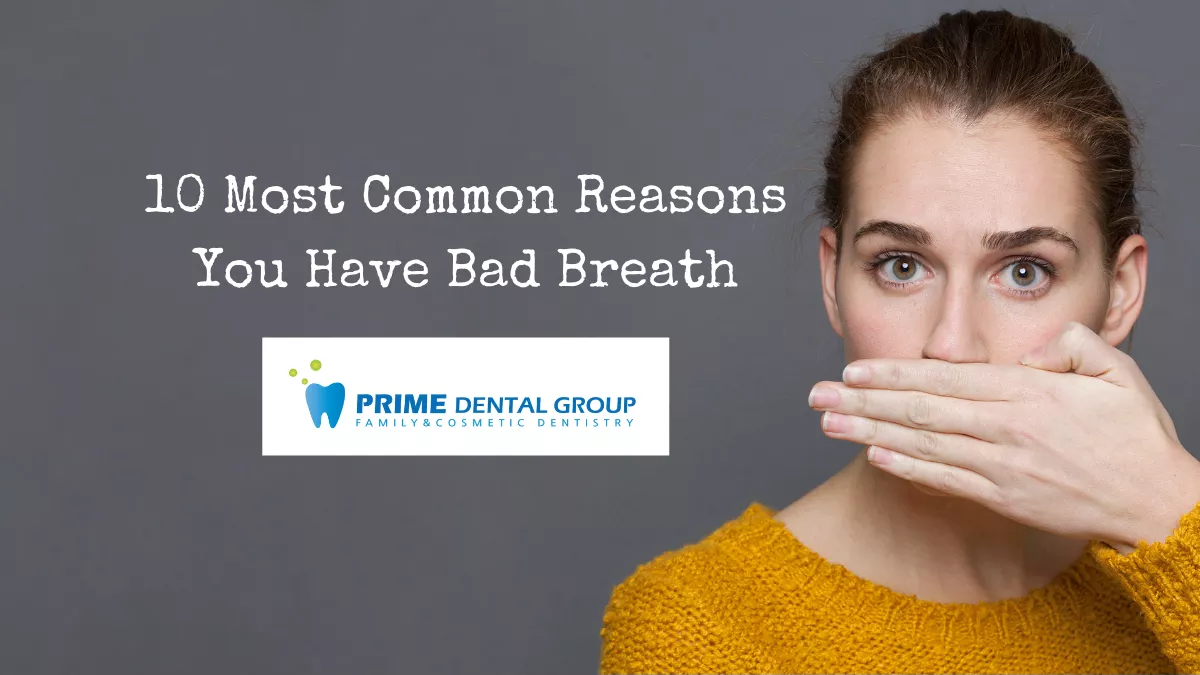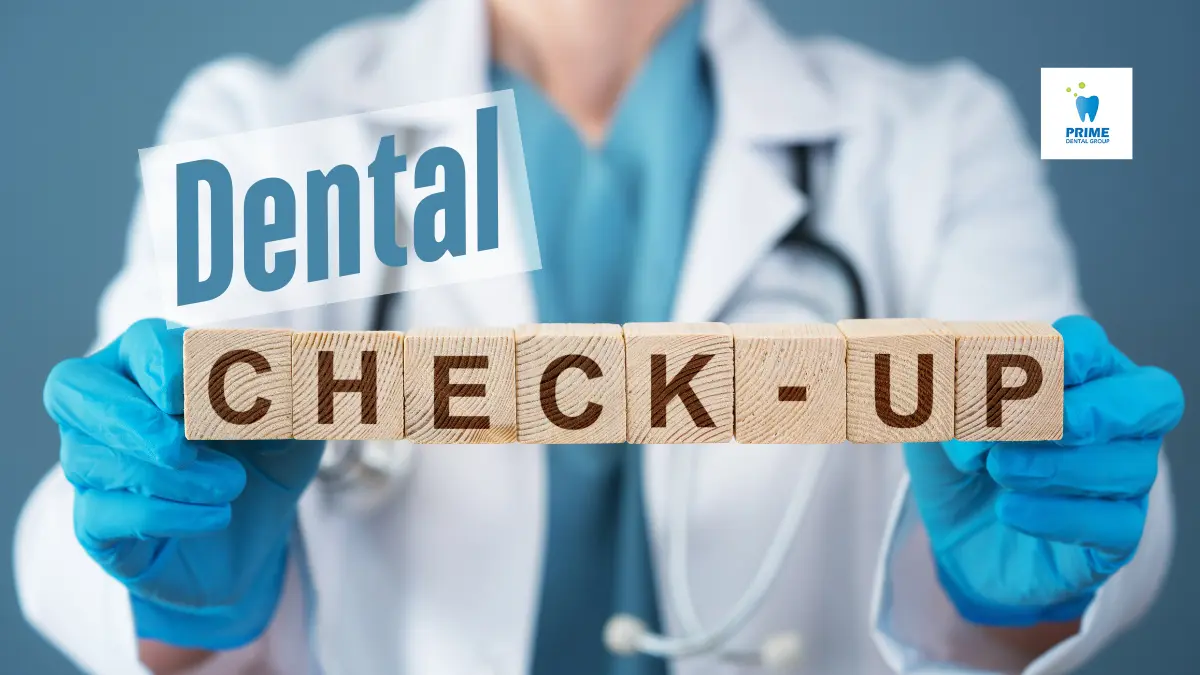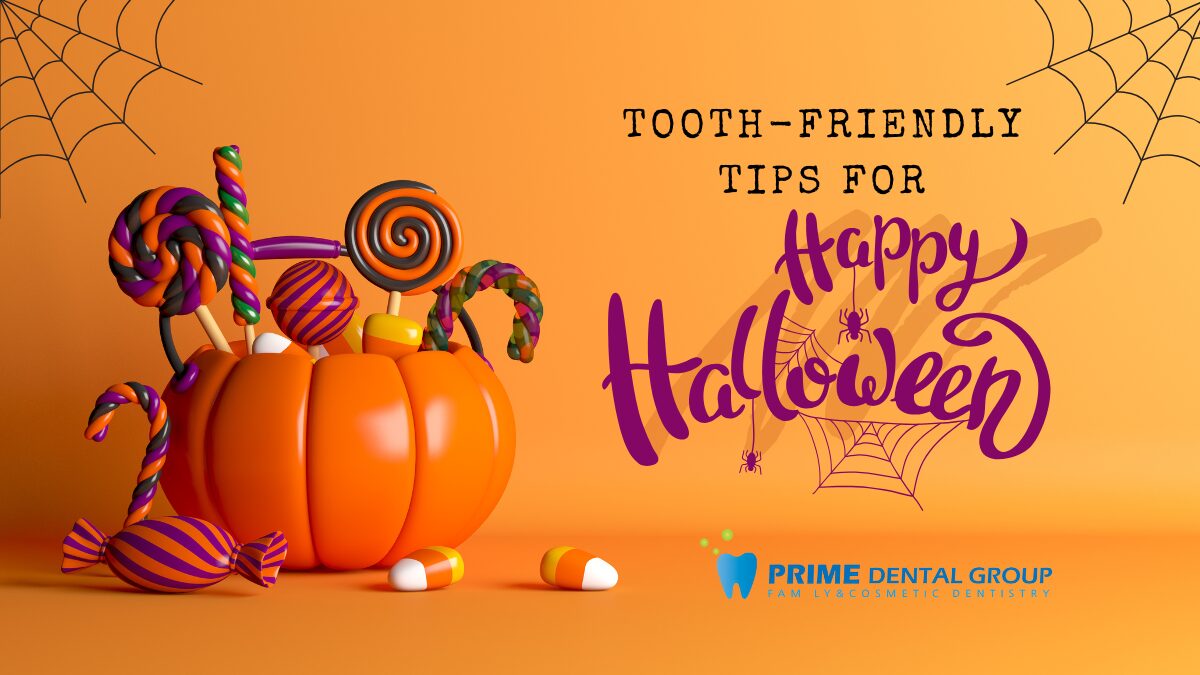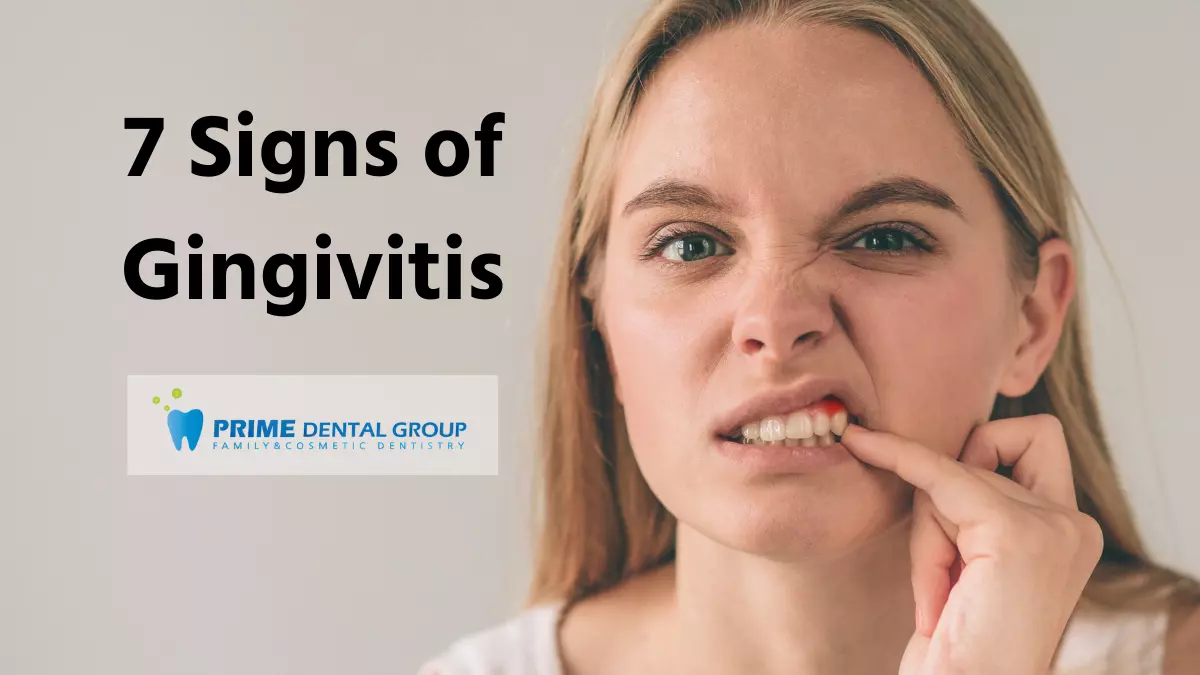The Importance of Oral Health for Seniors: Tips for Healthy Aging
As the world’s population of seniors grows, so does the need for good oral health. By 2050, 1.5 billion people will be 60 or older. This makes senior oral health key to their well-being. Poor oral health can greatly affect a senior’s quality of life. Good oral hygiene is vital for healthy aging and dental care.
Seniors face a higher risk of mouth and tooth infections. These can lead to losing teeth, affecting their appearance and eating habits. Periodontitis, a common issue, affects most seniors. It’s linked to serious health problems like heart disease and diabetes.
Chronic diseases are common among older adults. It’s vital to focus on their oral health needs. Tailored care and regular dental visits can help. This can prevent infections and improve overall health.
Key Takeaways
- Over 703 million people globally were aged 60 years or older in 2020, highlighting the importance of senior oral health.
- Poor oral health is linked to the development of systemic health conditions such as cardiovascular disease and diabetes mellitus.
- Good oral hygiene, including regular dental care and fluoride treatments, can reduce oral infections and their complications in older adults.
- Older adults are at a higher risk for mouth and tooth infections, which can lead to complications such as losing teeth.
- Improving oral health outcomes for older people requires tailored interventions to address specific oral health needs.
- Senior dental care and oral health for seniors are critical for maintaining overall well-being and quality of life.
Understanding Senior Oral Health and Its Impact on Overall Wellness
Keeping your mouth healthy as you age is key to feeling good overall. Good oral hygiene is important for older adults. It helps prevent health problems and makes life better for seniors.
The Connection Between Oral Health and Systemic Diseases
Poor oral health can lead to serious diseases. Gum disease, for example, can raise your risk of heart disease and stroke. Oral infections are also linked to cognitive decline, including dementia and Alzheimer’s disease.
How Aging Affects Oral Health
As we age, our mouths change. Less saliva means a higher chance of cavities and gum disease. Gum recession makes teeth more sensitive and prone to infections. Seniors may also lose teeth if dental problems are not treated.
The Role of Prevention in Senior Dental Care
Preventive care is vital for older adults’ oral health. Regular dental visits help catch problems early. Daily brushing and flossing, along with fluoride toothpaste, keep teeth healthy for years.
| Oral Health Challenge | Impact on Wellness | Prevention Tips |
|---|---|---|
| Dry Mouth | Increases risk of cavities and gum disease | Stay hydrated, use saliva substitutes |
| Gum Disease | Linked to heart disease and diabetes | Regular brushing and flossing, professional cleanings |
| Tooth Loss | Can affect nutrition and speech | Maintain oral hygiene, consider dental implants |
Common Oral Health Challenges in Older Adults
The number of older adults is growing, highlighting the need for better elderly dental health. As people get older, keeping their mouths clean becomes harder. This is due to several reasons.

Some common problems include:
- Gum Disease: Plaque can cause infections that harm gums and bones, leading to tooth loss.
- Dry Mouth: Caused by medicines, it raises the chance of tooth decay and pain.
- Tooth Decay: Exposed tooth roots, due to receding gums, are more likely to get cavities.
- Oral Cancer: More common in older men, often linked to smoking and drinking alcohol.
Chronic diseases like diabetes and high blood pressure make dental health for older adults even harder. For example, diabetes can make gum disease worse. Some blood pressure medicines can also cause dry mouth.
| Condition | Impact on Oral Health | Statistics |
|---|---|---|
| Gum Disease | Leads to tooth loss and bone damage | 86% increased incidence with diabetes |
| Dry Mouth | Increases risk of tooth decay and gum disease | Affects over one billion people worldwide |
| Oral Cancer | Higher risk in older males | Nearly three times more common in men over 50 |
It’s important to know about these issues to help seniors with their oral care for seniors. This can lead to better health overall.
Essential Daily Oral Care Practices for Seniors
Keeping oral hygiene for seniors in check is key for promoting healthy aging through oral health. Daily routines can greatly improve senior dental health and overall well-being.

Proper Brushing Techniques for Aging Adults
- Brush teeth twice a day with a soft-bristled toothbrush and fluoride toothpaste.
- Change your toothbrush every three to four months for best results.
- Electric toothbrushes are great for easier use and better cleaning.
- Use gentle, circular motions to avoid gum damage, as gums get more sensitive with age.
Flossing and Interdental Cleaning Methods
- Floss daily to get rid of food and plaque between teeth.
- Try floss picks or water flossers if regular flossing is hard due to dexterity issues.
- Make sure to clean well to avoid gum disease, which can lead to other health problems.
Denture Care and Maintenance
- Clean dentures every day with a denture brush and mild soap to remove plaque and food.
- Soak dentures in a cleaning solution overnight to keep them in good shape and clean.
- Be careful when handling dentures to avoid damage and ensure a good fit.
- Go to the dentist regularly for adjustments and to check if dentures fit right, reducing oral infection risk.
Regular oral care for elderly not only keeps teeth and gums healthy but also boosts overall health. Brushing, flossing, and taking care of dentures are key to preventing serious health issues.
| Oral Care Practice | Benefits | Tips |
|---|---|---|
| Brushing Twice Daily | Removes plaque, prevents cavities and gum disease | Use fluoride toothpaste and a soft-bristled brush |
| Daily Flossing | Prevents plaque buildup between teeth, reduces risk of gum disease | Use floss picks or water flossers for ease |
| Denture Cleaning | Maintains denture integrity, prevents infections | Clean with denture brush and soak overnight |
| Regular Dental Visits | Early detection of oral health issues, professional cleanings | Schedule checkups at least twice a year |
The Impact of Medications on Senior Dental Health
Medications often given to older adults can harm older adults oral health. Dry mouth, or xerostomia, is a common side effect. It reduces saliva, which is key for keeping the mouth moist.

Dry mouth makes it hard to eat, swallow, taste, and speak. It also increases the chance of tooth decay, gum disease, and fungal infections. About 30% of people over 65 and up to 40% of those over 80 have dry mouth. This is often because of medications for high blood pressure, depression, and bladder control.
- Antihypertensives
- Antidepressants
- Diuretics
- Medications for bladder control
To tackle these problems, elderly dental care experts suggest drinking lots of water, using saliva substitutes, and keeping up with good oral hygiene. Changing when you take your meds or talking to your doctor can also help lessen side effects.
- Stay hydrated by drinking water often.
- Use over-the-counter saliva substitutes.
- Maintain a strict oral hygiene routine.
- Consult with doctors and dentists about medication side effects.
Improving oral health in aging adults needs teamwork. Seniors, dentists, and doctors must work together to handle the challenges of dental health in old age.
Nutrition and Oral Health in Aging Adults
Proper nutrition is key for senior dental hygiene. It greatly affects the importance of oral care for older adults. A balanced diet helps keep teeth and gums healthy, which is vital in geriatric dentistry.
Getting enough nutrients can stop many oral health problems that seniors face.
Best Foods for Maintaining Dental Health
- Dairy Products: They are full of calcium and phosphorus, which make teeth and bones strong.
- Leafy Greens: Spinach and kale have vitamins and minerals that are good for oral health.
- Fruits and Vegetables: Crunchy ones like apples and carrots clean teeth and are full of nutrients.
Foods to Avoid or Limit
- Sugary Snacks and Drinks: They can cause tooth decay and increase cavity risk.
- Acidic Foods: Citrus fruits and sodas can wear down tooth enamel over time.
- Sticky Foods: Foods like dried fruits stick to teeth, leading to plaque buildup.
Hydration and Oral Health
Drinking enough water is vital for oral health tips for older adults. It keeps saliva flowing, which fights dry mouth and gum disease. Water also helps wash away food, keeping teeth clean.

Professional Dental Care Recommendations for Older Adults
Keeping senior oral health in check is key for aging well with good oral health. Regular dentist visits are vital for dental health and to avoid problems. Older adults should see the dentist at least twice a year, but this can change based on their needs.
At a dental visit, seniors get a full check-up. This includes tests for oral cancer and checks for issues like dry mouth and gum disease. Finding these problems early is important because aging and oral health are linked to overall health. For example, people with severe gum disease are more likely to get heart disease.
- Schedule regular dental appointments tailored to your health needs.
- Communicate openly with your dentist about any age-specific concerns.
- Integrate professional dental advice with your daily oral hygiene routine.
- Consider services offered by community health clinics and dental schools for affordable care options.
Also, combining professional care with daily habits like brushing and using water flossers helps. By being proactive and informed, seniors can greatly improve their senior oral health. This leads to a better quality of life.
Modern Dental Solutions for Seniors
New dental technology has greatly improved oral health for seniors. It supports healthy aging. These modern solutions make dental care more comfortable and effective for seniors.
Implant Options and Benefits
Dental implants are a stable and durable fix for tooth loss. This is common in old age. They help keep the jawbone strong, improve chewing, and look natural.
They are a long-term choice for dental care. This means less need for frequent changes.
Advanced Denture Technologies
Today’s dentures are more comfortable and tailored than before. New technologies like implant-supported dentures offer better stability and prevent bone loss. Advanced materials and precise fitting ensure dentures fit well, improving function and looks for seniors.
Cosmetic Dentistry for Seniors
Cosmetic dentistry, like veneers and teeth whitening, boosts confidence and well-being. These procedures enhance tooth appearance. They also help maintain oral health by fixing alignment and color issues.
| Solution | Benefits | Suitable For |
|---|---|---|
| Dental Implants | Stability, bone preservation, natural appearance | Individuals with missing teeth seeking a permanent solution |
| Advanced Dentures | Comfort, improved fit, bone preservation with implant support | Seniors requiring full or partial tooth replacement |
| Cosmetic Dentistry | Enhanced aesthetics, increased self-confidence, alignment correction | Individuals looking to improve the appearance of their teeth |
Managing Oral Health with Limited Mobility
Keeping oral hygiene for older adults up can be tough for those with limited mobility. Conditions like arthritis make it hard to hold toothbrushes or reach all mouth areas. It’s key to adjust oral care routines to help promote healthy aging through dental care.
Adaptive Tools and Technologies
There are tools and technologies that help seniors keep their elderly dental health good despite mobility issues:
- Electric Toothbrushes: They do the brushing for you, saving effort.
- Toothbrushes with Larger Handles: They’re easier to hold and control.
- Elastic Bands: A wide elastic band on the toothbrush handle adds support.
- Floss Holders: Tools like floss picks make flossing easier for those with dexterity problems.
Caregiver Assistance Tips
Caregivers are key in helping with oral hygiene for older adults. Here are some tips to help:
- Establish a Routine: A daily schedule makes oral care part of the routine.
- Use Gentle Techniques: Be careful not to press too hard to avoid hurting.
- Encourage Independence: Let seniors do as much as they can to keep their dignity.
- Monitor Oral Health: Check for dental problems often and get help when needed.
| Adaptive Tool | Benefits |
|---|---|
| Electric Toothbrush | Reduces manual effort, ensures thorough cleaning |
| Large Handle Toothbrush | Easier grip and control for limited hand mobility |
| Floss Holder | Simplifies flossing, promotes consistent use |
| Elastic Band Attachment | Provides extra support, stabilizes toothbrush handling |
Financial Considerations and Insurance Options
Oral care is key for seniors’ health, but it can be pricey. Knowing the costs helps older adults make smart choices.
- Medicare: Usually doesn’t cover regular dental care. Some Medicare Advantage plans might offer a bit of dental help.
- Medicaid: Helps over 86 million people each year. But, only 12 states cover non-emergency dental care, and four states don’t cover dental services at all.
- Private Dental Insurance: Offers plans that cover basic and more complex dental services. It’s vital to look at costs, what’s covered, and what you’ll pay out of pocket.
There are ways to get affordable dental care. Dental schools and community health centers offer services at lower prices. This makes it easier for seniors to keep their teeth healthy.
To age healthily, seniors need to budget for dental care and look at all insurance options. Planning ahead helps them keep their teeth in good shape without breaking the bank.
Creating a Sustainable Oral Health Routine for Healthy Aging
Keeping oral hygiene for seniors in check is key for overall health. A regular routine stops dental problems and keeps older adults smiling.
Daily Care Checklist
- Brush teeth twice daily with a soft-bristle brush and fluoride toothpaste.
- Replace your toothbrush every three to four months.
- Use small circular motions and short back-and-forth strokes.
- Gently brush along the gum line.
- Clean the tongue lightly or use a tongue scraper to remove bacteria.
- Floss daily to remove plaque between teeth.
- Rinse with an alcohol-free mouthwash to maintain freshness.
Working with Healthcare Providers
Team up with dentists and doctors for top-notch senior dental health. Regular visits catch problems early and create custom care plans.
Setting Realistic Goals
Setting doable oral health goals keeps you motivated. It could be better brushing or more dental visits. Small steps add up to big benefits in oral care for elderly.
By making these habits part of your daily routine, older adults can boost their oral hygiene for seniors. This leads to a healthier, more lively life.
Conclusion: Embracing Oral Health for Better Quality of Life
Keeping teeth healthy in old age is key to feeling good overall. Good dental care lets seniors eat a wide variety of foods. It also helps keep the whole body healthy.
As we get older, taking care of our teeth becomes even more important. It helps prevent problems like tooth decay and gum disease. These issues are common among many people.
Practicing good dental habits, like brushing and flossing, helps keep teeth longer. New dental technologies, like implants, give seniors more ways to care for their teeth.
What we eat also affects our teeth. Eating the right foods and drinking enough water helps keep gums and teeth healthy. Avoiding foods that are too sweet or acidic can also help prevent cavities.
Understanding how medicines affect our teeth is important too. This knowledge helps prevent problems related to medications.
Having a consistent oral health routine is important. Healthcare providers and caregivers can help make it easier for seniors. Getting the right dental care shouldn’t be too expensive, thanks to insurance and financial help.
With the right information and support, seniors can keep their teeth healthy. This leads to a happier and healthier life. Good dental care in old age greatly improves the quality of life for seniors.
FAQ
Why is oral health important for seniors?
Oral health is key for seniors because it affects their overall well-being. Good oral hygiene prevents diseases and helps with eating. It also improves their quality of life. Keeping teeth healthy is linked to aging well.
How does aging affect oral health?
Aging brings changes like less saliva, gum recession, and more dental problems. These can cause dry mouth, gum disease, and tooth decay. So, older adults need to focus on oral hygiene to stay healthy.
What are the common oral health challenges faced by older adults?
Seniors often face issues like dry mouth, gum disease, tooth decay, and oral cancer. These problems can affect their dental and overall health. It’s important to address these early to care for their teeth.
What are the best daily oral care practices for seniors?
Seniors should brush their teeth properly, floss, and take care of dentures. Doing these daily helps keep their teeth and mouth healthy. Sticking to these habits is key for good oral health.
How can medications impact senior dental health?
Some medications can cause dry mouth, leading to tooth decay and gum disease. Seniors can manage this by making lifestyle changes and talking to their doctors. This ensures they get the best dental care.
What role does nutrition play in maintaining oral health for seniors?
Nutrition is vital for seniors’ oral health. Eating foods rich in calcium and staying hydrated helps keep teeth and gums strong. Avoiding sugary and acidic foods and not smoking also helps.
How often should seniors visit the dentist?
Seniors should see the dentist at least twice a year. These visits help catch problems early and ensure they get the care they need. It’s a proactive step for their dental health.
What modern dental solutions are available for seniors?
New dental technologies offer many options for seniors, like implants and advanced dentures. These advancements improve comfort and function, boosting their confidence and oral health.
How can seniors with limited mobility maintain good oral hygiene?
Seniors with mobility issues can use tools like electric toothbrushes and water flossers. Caregivers can also help with daily oral care. This ensures they stay clean and independent.
What are the financial considerations for dental care in seniors?
Seniors need to manage dental care costs. They can look into insurance, dental schools, and community clinics for affordable options. This helps them get the care they need without breaking the bank.
How can seniors create a sustainable oral health routine?
Seniors can make a lasting oral care plan by following a daily routine and working with their healthcare team. This approach helps them maintain their dental health effectively.
What is the connection between oral health and systemic diseases in seniors?
Poor oral health can lead to serious diseases like heart problems and dementia in seniors. Good oral hygiene can help prevent these conditions. It’s a key part of staying healthy as you age.
What strategies can seniors use to manage dry mouth caused by medications?
Seniors can fight dry mouth by drinking plenty of water and using saliva substitutes. Choosing medications with fewer side effects also helps. Regular dental care and talking to doctors are important steps.
How does proper hydration benefit oral health in seniors?
Drinking enough water helps keep saliva flowing, which protects teeth and gums. It’s a simple way for seniors to support their oral health and overall well-being.
Source Links
- Oral health and healthy ageing: a scoping review – https://pmc.ncbi.nlm.nih.gov/articles/PMC10773108/
- Oral Health for Older Adults > Health in Aging Blog > Health in Aging – https://www.healthinaging.org/blog/oral-health-for-older-adults/
- Oral Health for Older Adults: Quick Tips – MyHealthfinder – https://odphp.health.gov/myhealthfinder/doctor-visits/regular-checkups/oral-health-older-adults-quick-tips
- The Link Between Oral Health and Aging – Dental Care for Seniors – Vista Grande Villa – https://vistagrandevilla.com/the-link-between-oral-health-and-aging-dental-care-for-seniors/
- Oral Health and Overall Wellness in Seniors: The Undeniable Link – – https://hpsdental.com/oral-health-and-overall-wellness-in-seniors-the-undeniable-link/
- Common Medical and Dental Problems of Older Adults: A Narrative Review – https://pmc.ncbi.nlm.nih.gov/articles/PMC8395714/
- Aging changes in teeth and gums: MedlinePlus Medical Encyclopedia – https://medlineplus.gov/ency/patientinstructions/000951.htm
- Taking Care of Your Teeth and Mouth – https://www.nia.nih.gov/health/teeth-and-mouth/taking-care-your-teeth-and-mouth
- Gum Health for Seniors: Essential Care Guide – https://coloradogumcare.com/gum-health-for-seniors-essential-care-guide/
- Aging and Oral Health: Dental Health Tips 2024 – https://emergencydentalofkansascity.com/aging-and-oral-health/
- Oral Health and Aging – PMC – https://pmc.ncbi.nlm.nih.gov/articles/PMC5497890/
- Aging and Dental Health – https://www.ada.org/resources/ada-library/oral-health-topics/aging-and-dental-health
- Oral Health and Nutrition: Interrelated Challenges for Older Adults – https://www.geron.org/News-Events/GSA-News/Press-Room/Press-Releases/t/oral-health-and-nutrition-interrelated-challenges-for-older-adults
- Good Eating: Linking Oral Health and Nutrition in Older Adults – https://nursing.nyu.edu/w/ohnep/blog-2020-12-22
- PDF – https://health.mo.gov/living/families/oralhealth/pdf/whats-hot-nutritiono-oral-health-older-adults.pdf
- Oral Health | ACL Administration for Community Living – http://acl.gov/programs/health-wellness/oral-health
- Dental Care for Seniors: Comprehensive Guide for Older Adults | Lewis Estates Dental – https://lewisestatesdental.com/blog/dental-care-for-seniors-comprehensive-guide-older-adults/
- PDF – https://www.astdd.org/bestpractices/improving-oral-health-older-adults-bpar2023.pdf
- Healthy Aging: Adult Dental Care Tips for Seniors in 2024 – Dyer Dental Care – https://dyerdentalcareep.com/healthy-aging-adult-dental-care-tips-for-seniors-in-2024/
- GSAenrich: Oral Health – https://gsaenrich.geron.org/oral-health
- Oral Health Across the Lifespan: Older Adults – Oral Health in America – https://www.ncbi.nlm.nih.gov/books/NBK578296/
- Teeth and Aging: How to Maintain Your Oral Health as You Grow Older – https://www.nzadehdmd.com/blog/teeth-aging-maintain-oral-health-grow/45791
- Policies Supporting Oral Health in Ageing Populations Are Needed Worldwide – https://pmc.ncbi.nlm.nih.gov/articles/PMC9437798/
- Oral Health | odphp.health.gov – https://odphp.health.gov/our-work/national-health-initiatives/healthy-people/healthy-people-2020/healthy-people-2020-law-and-health-policy/oral-health
- PDF – https://www.centerfororalhealth.org/wp-content/uploads/2018/11/Oral-Health-of-Older-Adults.pdf
- Oral health for healthy longevity in an ageing society: maintaining momentum and moving forward – https://pmc.ncbi.nlm.nih.gov/articles/PMC9378896/
- Oral Health Care for Seniors: Maintaining Pearly Whites in the Golden Years – Emergency Dental Care & In Home Dentisty in San Francisco – https://www.blendedentalgroup.com/oral-health-care-for-seniors-maintaining-pearly-whites-in-the-golden-years/
- Oral Health for Healthy Ageing – https://www.fdiworlddental.org/oral-health-healthy-ageing
- Exploring the impact of oral health on the quality of life in older patients: a cross-sectional study – https://pmc.ncbi.nlm.nih.gov/articles/PMC11271468/
- Oral Health Across the Lifespan: Working-Age Adults – Oral Health in America – https://www.ncbi.nlm.nih.gov/books/NBK578294/
